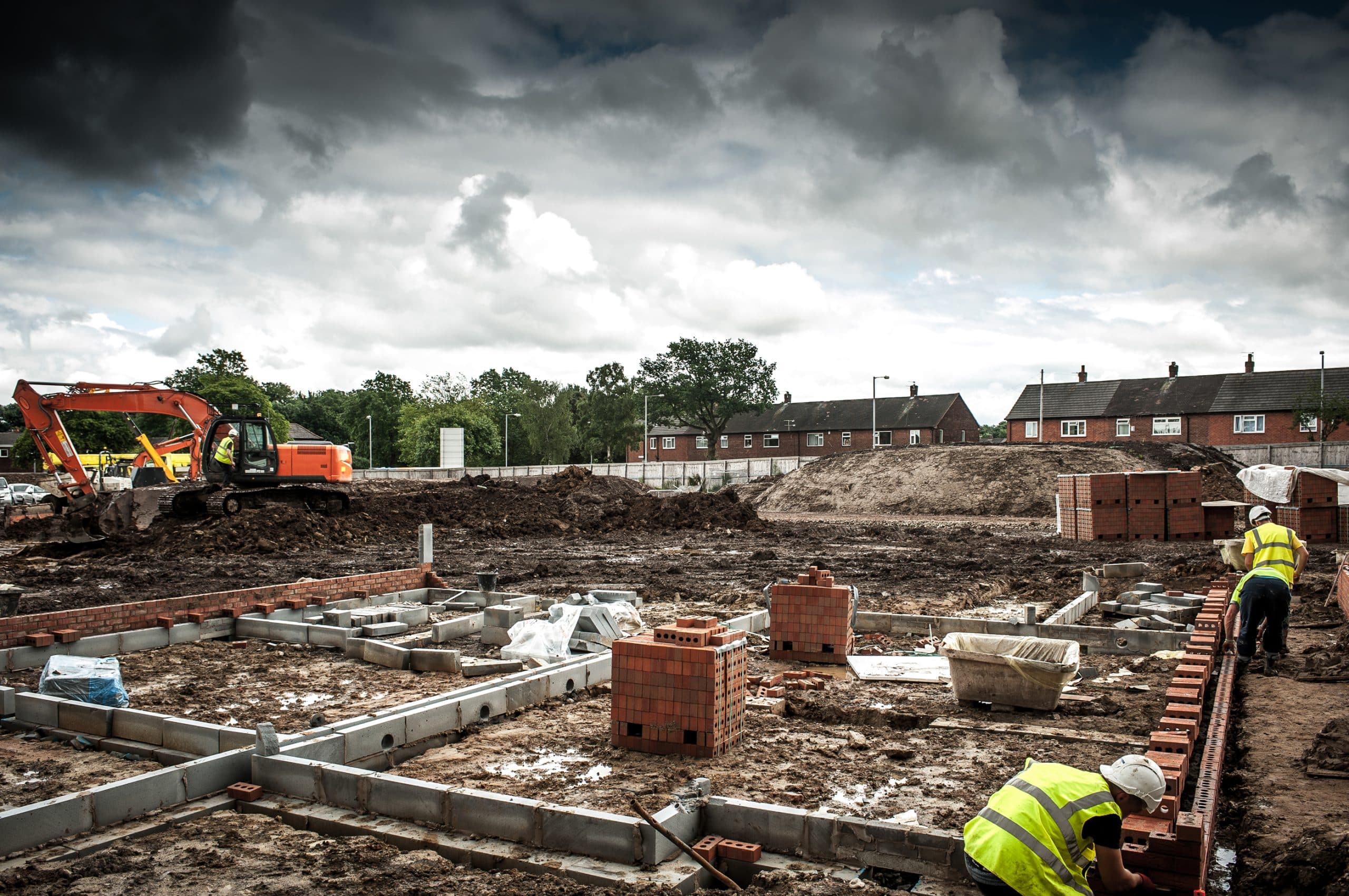In light of the housing crisis impacting urban centers in the UK, there’s a pressing need for innovative solutions that can meet the demand for homes while lowering the environmental footprint. One promising approach is the construction of modular homes, which are built off-site and transported to their final location.
Modular homes are not a novel concept. However, with advances in digital technology and sustainable building practices, they are rapidly gaining traction in the housing market. This article will delve into the potential of modular homes, discussing their benefits, the challenges they face, and how they can be successfully integrated into urban housing planning.
Also read : What Are the Environmental Impacts of Seaside Real Estate Developments and How to Mitigate Them?
The Need for Affordable and Sustainable Housing in the UK
The housing crisis in the UK is no secret. From overcrowded cities to skyrocketing housing prices, many people are finding it increasingly difficult to afford a roof over their heads. The industry needs an overhaul, and modular building could be the answer.
Modular homes are built in factories, then transported and assembled on-site. They can be built faster and more affordably than traditional homes, making them an attractive solution for addressing the local housing crisis. Besides, these homes are also sustainable, as they reduce waste and energy consumption during the construction process.
Also to read : What Are the Key Considerations When Building Real Estate in Historic UK Conservation Areas?
The Role of Digital Technology in Modular Homes Construction
Digital technology plays an instrumental role in the construction of modular homes. From the planning stage to the actual construction, digital tools are used to ensure that the homes are built to the highest standards of quality and sustainability.
Firstly, digital technology facilitates the design of modular homes. Using digital design software, architects can create detailed 3D models of the homes, which can be adjusted and refined until the final design is perfect. This leads to a reduction in errors and rework, saving both time and resources.
Secondly, digital technology aids in the manufacturing process. Automated machinery is used to cut and assemble the building materials with precision, minimizing waste and reducing the time needed for construction.
Finally, digital technology also helps in the transportation and assembly of the homes. GPS tracking is used to ensure that the modular units are delivered to the correct location, and digital manuals guide the assembly process, making it easier and more efficient.
The Challenges Facing the Modular Construction Sector
Despite its many benefits, the modular construction sector is not without its challenges. These include regulatory hurdles, supply chain issues, and public perception.
Regulatory hurdles can pose a significant obstacle. Many local authorities in the UK have strict building codes and regulations that can make it difficult for modular homes to be approved. However, with proper planning and collaboration with local authorities, it’s possible to navigate these challenges.
Supply chain issues can also present problems. The modular construction industry relies heavily on a well-functioning supply chain to deliver building materials and modular units on time. Any disruption in the supply chain can lead to delays and increased costs.
Finally, public perception can be a challenge. Some people may have outdated views of modular homes, associating them with poor quality and lack of durability. However, with proper communication and transparency, it’s possible to change these perceptions and show the true potential of modular homes.
Incorporating Modular Homes Into Urban Housing Planning
To make modular homes a viable solution to the UK’s housing crisis, they need to be incorporated into urban housing planning. This involves working with local authorities, community members, and other key stakeholders to ensure that the homes are built in suitable locations and meet the needs of the community.
Additionally, it’s important to consider the infrastructure and services needed to support the homes. This includes access to public transport, shops, schools, and other amenities. Proper planning will ensure that the homes are not only affordable and sustainable, but also desirable places to live.
Overall, modular homes hold great potential for alleviating the UK’s housing crisis. Through the use of digital technology and sustainable building practices, they can provide affordable, high-quality homes for people in urban centers. And with proper planning and collaboration, they can be seamlessly integrated into urban housing planning, making them a key part of the solution to the housing crisis.
Overcoming Obstacles and Building Public Trust in Modular Homes
While modular homes certainly represent a viable solution to the UK’s housing crisis, there are still significant hurdles to overcome before they can be fully adopted. One of the main challenges lies in shifting public perception and building trust among potential homeowners.
Unfortunately, many people still associate modular homes with low-quality, temporary housing. This misconception often stems from the early days of modular construction, where the emphasis was more on cost-saving than quality. However, today’s modular homes are a far cry from their predecessors. Built using state-of-the-art digital technologies, they are designed to be both durable and aesthetically pleasing. It’s crucial to communicate these improvements to the public, and to showcase the full potential of modern modular construction.
Additionally, the modular construction industry must also navigate the complex web of housing policy and regulations. The legalese can often be an obstacle, as local authorities may have strict building codes and zoning laws that are not yet updated to accommodate modular construction. That’s why it’s crucial for the industry to work closely with policy makers, town planners, and legal experts to ensure that modular construction aligns with the current housing regulations and standards.
Finally, the industry must also address logistical challenges, such as supply chain interruptions and the transportation of modular units. Learning from other sectors and implementing proven strategies, such as Just-in-time delivery, could help streamline the process and ensure that the construction targets are met in a timely manner.
A Bright Future for Modular Homes in the UK’s Urban Centers
The future looks bright for modular homes in UK’s urban centers. By leveraging digital technologies, prioritizing sustainability, and fostering strong public-private partnerships, the modular construction industry has the potential to transform the UK’s housing market.
While the journey to wide-scale adoption of modular homes is not without challenges, the potential benefits are too significant to ignore. Not only do modular homes offer a cost-effective housing solution, but they also create an opportunity to achieve long-term sustainability goals. By minimizing waste and reducing energy consumption during construction, they can significantly lower the environmental footprint associated with house building.
As the public grows more conscious of sustainability issues, and as the offsite construction industry continues to innovate, modular homes are likely to become more appealing to a broad range of buyers. From young professionals seeking their first home to families in need of affordable housing, modular homes can meet the diverse needs of the UK’s urban population.
In conclusion, the UK’s housing crisis calls for innovative solutions. Modular homes, with their lower costs, quicker build times, and reduced environmental impact, have the potential to address many of the challenges facing the housing market. To realize this potential, however, it’s crucial to foster a supportive regulatory environment, invest in advanced digital technologies, and work tirelessly to build public trust in modular housing. With these measures in place, modular homes can play a significant role in ensuring everyone has access to affordable, sustainable, and quality housing.











